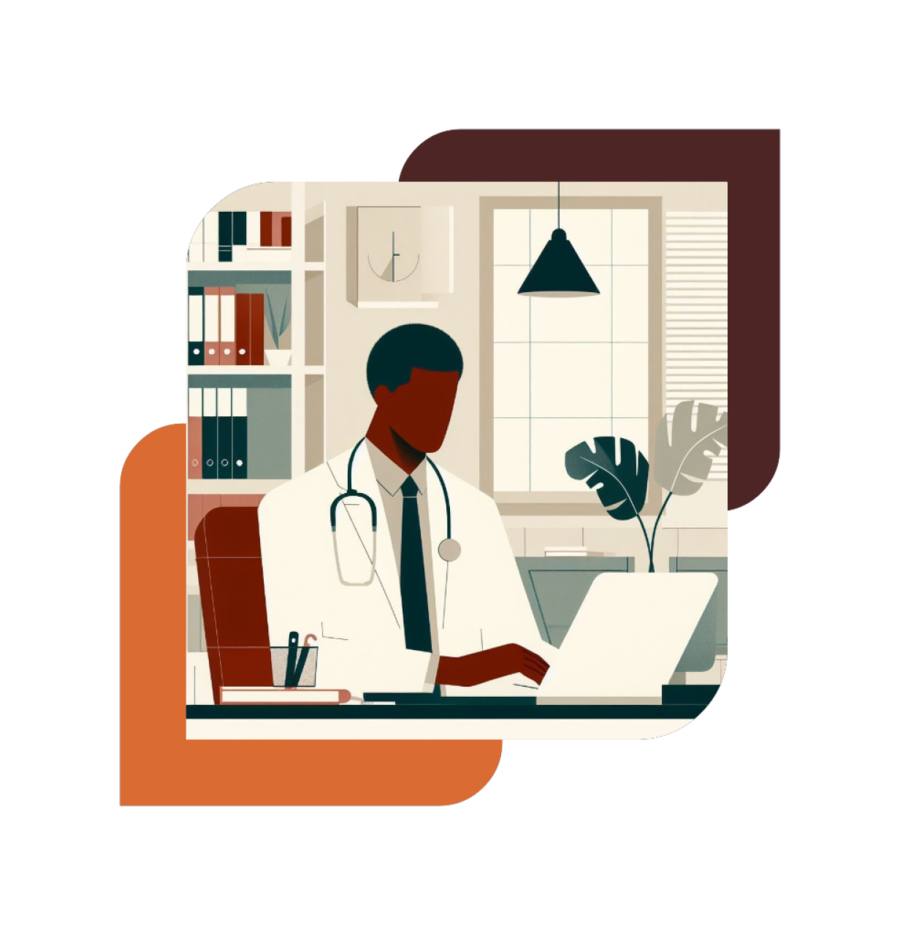
There are four main symptoms of Irritable Bowel Syndrome (IBS):
- Abdominal pain
- Abdominal bloating (caused by excessive gas in the stomach, leading to abdominal discomfort)
- Poor feeding - consuming small amounts of food and feeling full
- Difficulty passing stool, which can manifest as either constipation or diarrhea (characterized by passing small, loose stools several times a day, feeling the urge but only emptying small quantities, and excessive flatulence due to gas in the intestines)
In severe cases of IBS, patients may experience other bothersome symptoms, such as:
- Feelings of anxiety
- Sleep disturbances
- Body tiredness, weakness, and headaches
The exact reason is not totally clear, but it's clear that there's something wrong with how the intestines move. This can slow down the stomach and make a lot of gas, which can be uncomfortable. In the intestines, this problem can cause constipation from slow movement, or fast movement that leads to loose stool and smelly farts.
Listen carefully to the patient and observe symptoms such as abdominal pain, bloating, constipation, diarrhea, or loose stools. Additionally, inquire about anxiety, sleeping difficulties, and general fatigue. Ask about symptoms such as unintentional weight loss, fever, vomiting blood, passing blood in stools, history of colon cancer, and anemia. The presence of these symptoms may suggest other underlying conditions. If they are not present, a diagnosis of IBS may be considered. It is important to be cautious not to confuse IBS with H. pylori.
H. Pylori is a bacterium that colonizes the stomach from birth until early childhood, typically up to 10-15 years of age, and is found in over 80% of the population. Stool tests are conducted for H. pylori in all patients, and it is very likely to test positive for the bacterium. Patients are then treated for H. pylori with various "kits." However, it is important to note that treating H. pylori will not lead to improvement in IBS symptoms, as H. pylori does not cause IBS.
Treatment for IBS focuses on managing symptoms and improving quality of life. This may involve lifestyle changes such as dietary modifications, stress management techniques, and regular exercise. Medications may also be prescribed to relieve symptoms such as pain, diarrhea, or constipation. In some cases, therapy or counseling may be recommended to address any underlying psychological factors.
Ongoing Support and Monitoring
Is there food restriction in a patient with IBS?

No, patients with IBS can eat all types of foods. However, patients have noted that there are certain types of foods that can increase symptoms such as bloating when consumed. These foods include beans, vegetables like sukuma wiki (kales), and wheat products such as chapatis and bread. Patients then reduce or remove them from their diet, which helps to alleviate some IBS symptoms.
Is IBS a hereditary condition?

Yes, it likely to find one or more persons with IBS in the same family.
Is IBS similar to lactose intolerance?

Lactose intolerance causes diarrhea only when milk is consumed. If milk intake is stopped, the diarrhea subsides. In addition to diarrhea, IBS presents symptoms such as constipation and bloating.
Why are many people treated for H.pylori when they have symptoms of IBS?

This is a mistake. H. pylori does not cause IBS. Patients with IBS are frequently misdiagnosed. There is no laboratory test to diagnose IBS, but medical personnel keep doing stool tests for H. pylori. It is almost likely to be positive (+ve) as H. pylori is present in over 80% of the population. Unfortunately, the patient receives drugs for H. pylori and continues to suffer from all the IBS symptoms.
Does IBS have a cure?

I tell patients 3(three) things about IBS:
- Good thing about IBS-Does not hurt the gut at all as the symptoms come from the abnormal rhythm of the intestines.
- Bad thing about IBS-Causing symptoms that disturb the persons comfort with pain, diarrhea/constipation and bloating and anxiety. With drugs the symptoms respond well.
- Unfortunately we don’t have a drug to cure IBS. Therefore the symptoms can recur. When symptoms recur, some drugs can be used again.

